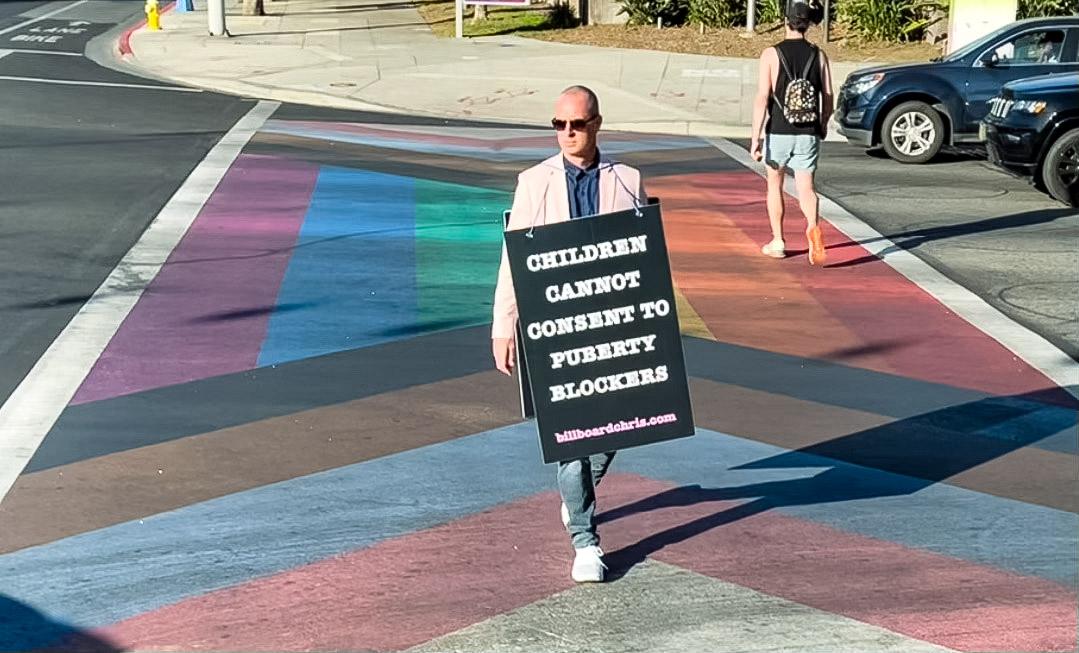A new study suggests puberty blockers may cause permanent damage to boys’ reproductive organs and irreversibly impair their fertility, undercutting the claim that their use is a harmless way to “explore gender identity.”
The Mayo Clinic study, published at the end of March and not yet peer reviewed, analyzed the largest clinically annotated pediatric testicular biorepository from teenage boys who suffered from gender dysphoria and were put on chronic puberty blockers.





